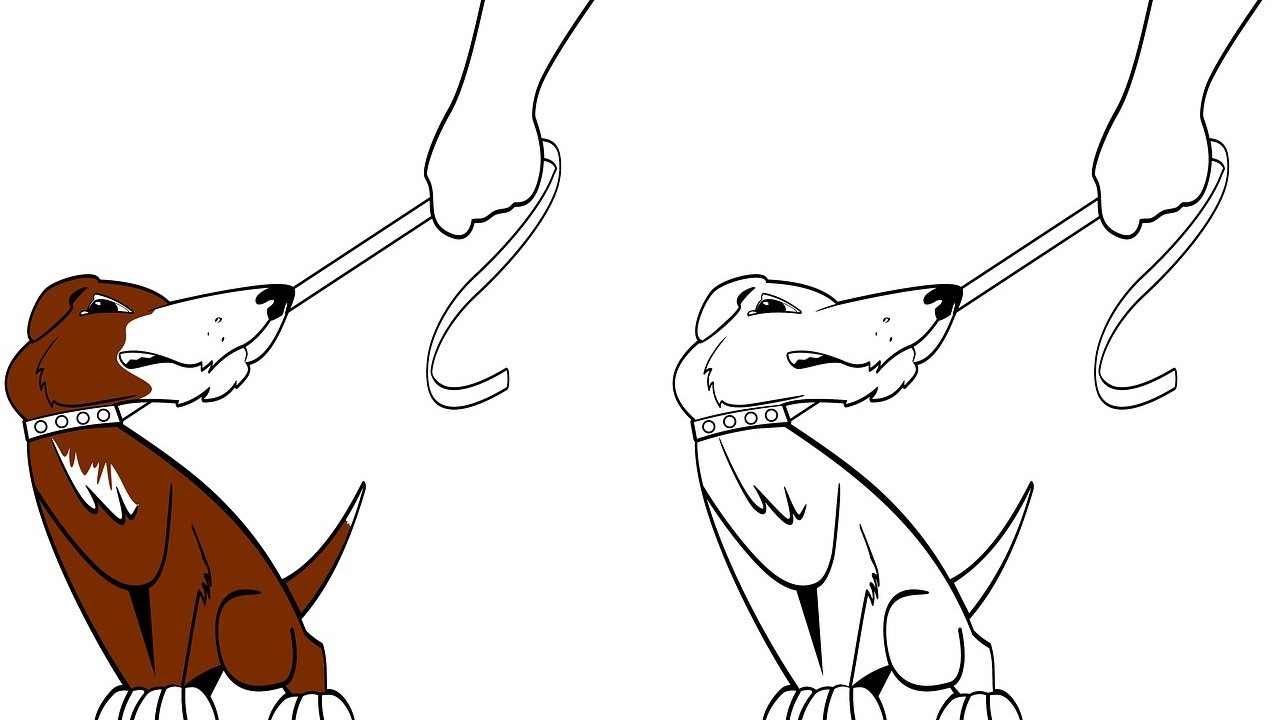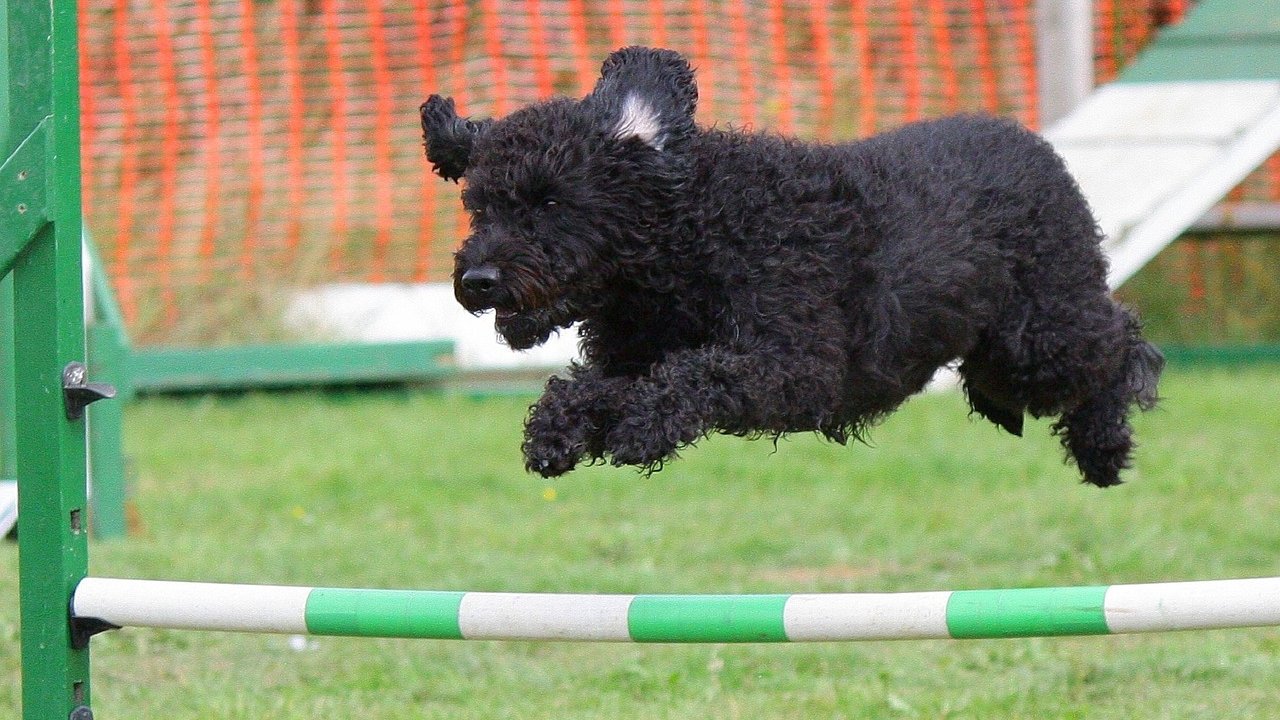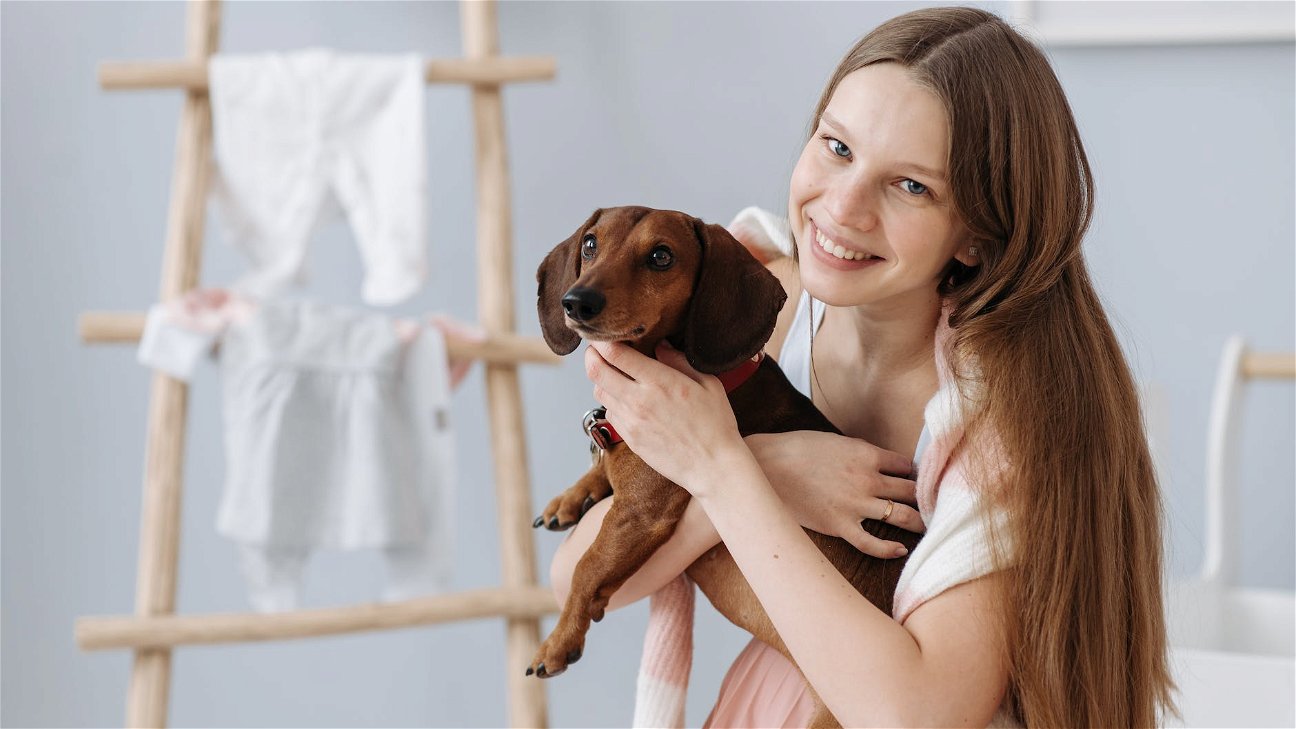
For all pet owners, their fur babies' health is a top priority. That's why understanding the importance of regular vet checkups is crucial. With this in-depth look, we'll unravel why these visits are vital, what to expect, how often they should occur, and more.
Why are regular vet checkups important?
Regular vet checkups are crucial for maintaining your pet's health. They help in early detection of potential health issues, ensuring timely treatment. Regular visits also mean your pet is up-to-date with vaccinations and deworming schedules, which can prevent serious diseases. Vet checkups also include dental care which is vital for overall health.
Here are some key benefits of regular vet checkups:
-
Early Disease Detection: Many diseases show no symptoms until they're advanced. Regular checkups can detect these issues early.
-
Preventive Care: Vaccinations, parasite control, dental checkups, and weight management are all part of preventive veterinary care.
-
Behavioral Issues: Vets can provide advice on managing behavioral problems, which can be signs of health issues.
-
Longer Lifespan: Pets receiving regular veterinary care generally live longer and healthier lives.
How often should pets visit the vet?
The frequency of vet visits depends on your pet's age, species, and health condition. Puppies and kittens usually require several visits during their first year for vaccinations and spay/neuter surgeries. Adult pets should generally have a check-up annually. Senior pets may require more frequent visits, typically every six months. Always consult with your vet about the appropriate schedule for your pet.
Preparing for a vet appointment
Before the vet visit, note down any concerns or changes in your pet's behavior, diet, or overall health. Bring a fresh stool sample if possible. Make sure your pet is comfortable and secure for the journey, using a proper carrier or leash.
What to expect at a vet checkup
Here's a typical vet checkup process:
-
History and Examination: The vet will ask about your pet's health history and perform a physical examination.
-
Vaccinations: Depending on the visit schedule, your pet may receive necessary vaccinations.
-
Diagnostics: The vet might recommend blood tests, urine tests, or imaging to diagnose potential health issues.
-
Dental Check: The vet will examine your pet's teeth and gums for any signs of dental disease.
-
Discussion and Advice: The vet will discuss the findings with you, give necessary advice, and answer your questions.
Understanding your pet's vet checkup report
Post-checkup, you'll receive a report outlining your pet's health condition. It contains information about the physical exam, vaccination status, test results, and recommendations for follow-up care or treatments. Don't hesitate to ask the vet to explain anything you don't understand.
The cost of regular vet checkups
The cost of vet checkups can vary based on the location, the vet's expertise, and the services provided. However, consider this as an investment in your pet's health and well-being. Preventive care can save you money in the long run by avoiding costly treatments for advanced diseases.
Never underestimate the importance of regular vet checkups for your pet. They not only ensure your pet's health but also give you peace of mind.





